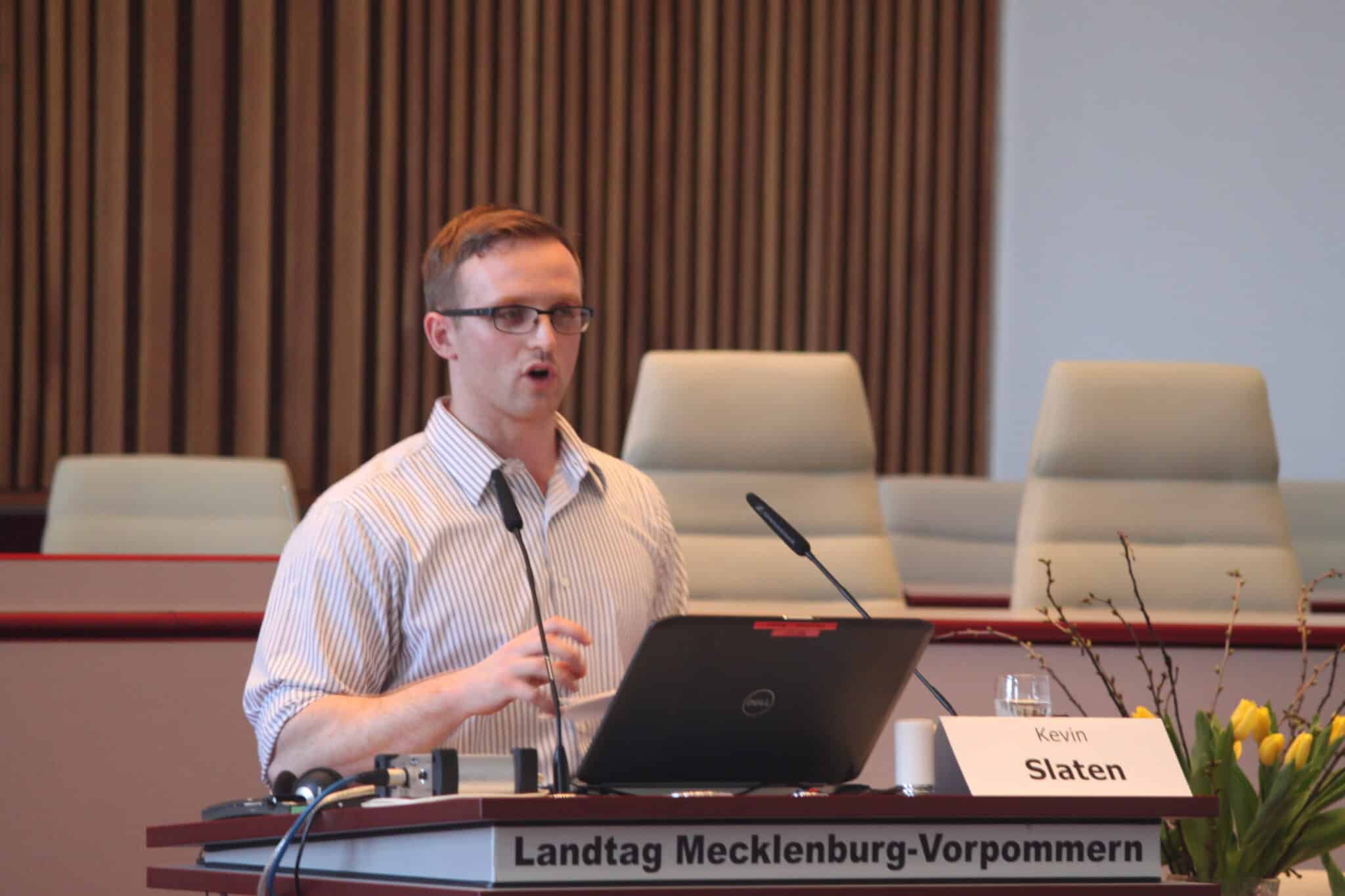“You know, labor problems don’t only exist overseas,” said my friend, punctuating the end of a line of conversation about employment and labor struggles in the U.S. Like the story about an injured father with kids in Florida who could not provide for his family because he was not receiving disability pay. Or the notable decline in union membership over the past few decades.
This was not the only person who had questioned, directly or otherwise, my current career choice, advocating for the rights of Chinese workers.
Last year, a young academic friend of mine suggested that if people “really care about exploited workers, they should focus on those that they might have some effect on: those right in their own community.”
Two weeks ago I had lunch with a unionist in New York who talked about the struggles of America’s unions to overcome powerful business and political interests. We discussed in particular the failed attempt by Volkswagon to set up a union in a Tennessee auto plant.
These conversations, with respected friends and even experts in my field, have sometimes caused me to ask myself: as a person born and raised in Ohio, why Chinese labor rights?
The answer may be embodied in an experience from last July.
I was sitting in a CNBC green room at 50 Rock. The studio engineer waved at me from outside the room to cross the hall into the small, dark filming studio. The engineer set up my mic and ear bud, wrapping them through the bottom of my shirt. He then left the room, closing the door behind him.
In this soundproof room, surrounded by the silence of my thought and breathing, I looked at the huge camera across from me, like an eye into an unseen world. I glanced behind my chair to see the glow of a fake New York skyline.
Suddenly, there was chatter in my ear bud, the gravitas of CNBC’s anchor in Singapore breaking the peaceful silence around me.
“Kevin Slaten, program coordinator of China Labor Watch, joins us from New York.” My mind focused back onto the issue at hand.
“Kevin, why do we keep hearing about these labor violations and alleged abuse of workers again and again and again out of China?”
As I listened to the host introduce the question, I thought about the young female worker I had interviewed while in Dongguan a few months ago at a cell phone factory. Traveling far from her home in Henan, she worked 15-hour days, seven days per week for a pittance. Even then, she wasn’t paid for all of her work.
The CNBC host and I went on to talk about the poor working conditions at electronics factories, high worker turnover, labor law enforcement in China and the role of brand companies in ensuring fair and legal treatment of workers.
[YOUTUBE VIDEO OF THE INTERVIEW]
When the interview was over, I took off the equipment and walked through the hallway toward the exit. As I made my way down the Rockefeller building toward the subway, I pondered about the interview. Not just the specifics of it, but also the role I was playing in efforts to improve the respect for labor rights and empower workers.
At China Labor Watch, I often have the opportunity to educate the public on labor rights abuses and push brand companies toward committing more resources to labor. I frequently speak to a worker on Skype or QQ right before picking up the phone with a reporter and integrating that worker’s views into the interview, effectively helping Chinese workers gain a greater voice in the global discourse.
My ability to do my job is facilitated by my language education, field-work in Chinese factory districts, and relatively strong writing and public speaking acumen. Yet these characteristics are hardly unique to me. Given that there are others who could do Chinese labor rights defense work, I could, as suggested to me by friends, stay closer to home and become a rights advocate here in my country of birth.
But my choice of work goes beyond competence. It’s also about experiencing cultures different from the one in which I was raised, enriching my understanding of the human condition, and in the process learning more about myself. While living in China, I’ve also made friends in the worker community, naturally strengthening my connection to this group.
I’d long ago determined my cosmopolitanism—a philosophy that suggests that we might treat each person as a neighbor. Now more than ever in this globalized world, communities and classes cross-cut American and Chinese political borders. This has informed my sense of solidarity.
I’ve found meaning in my work, and as with many things, the more I do it the better I get at it. When it comes to my career, there’s not much more I could ask for than that.


